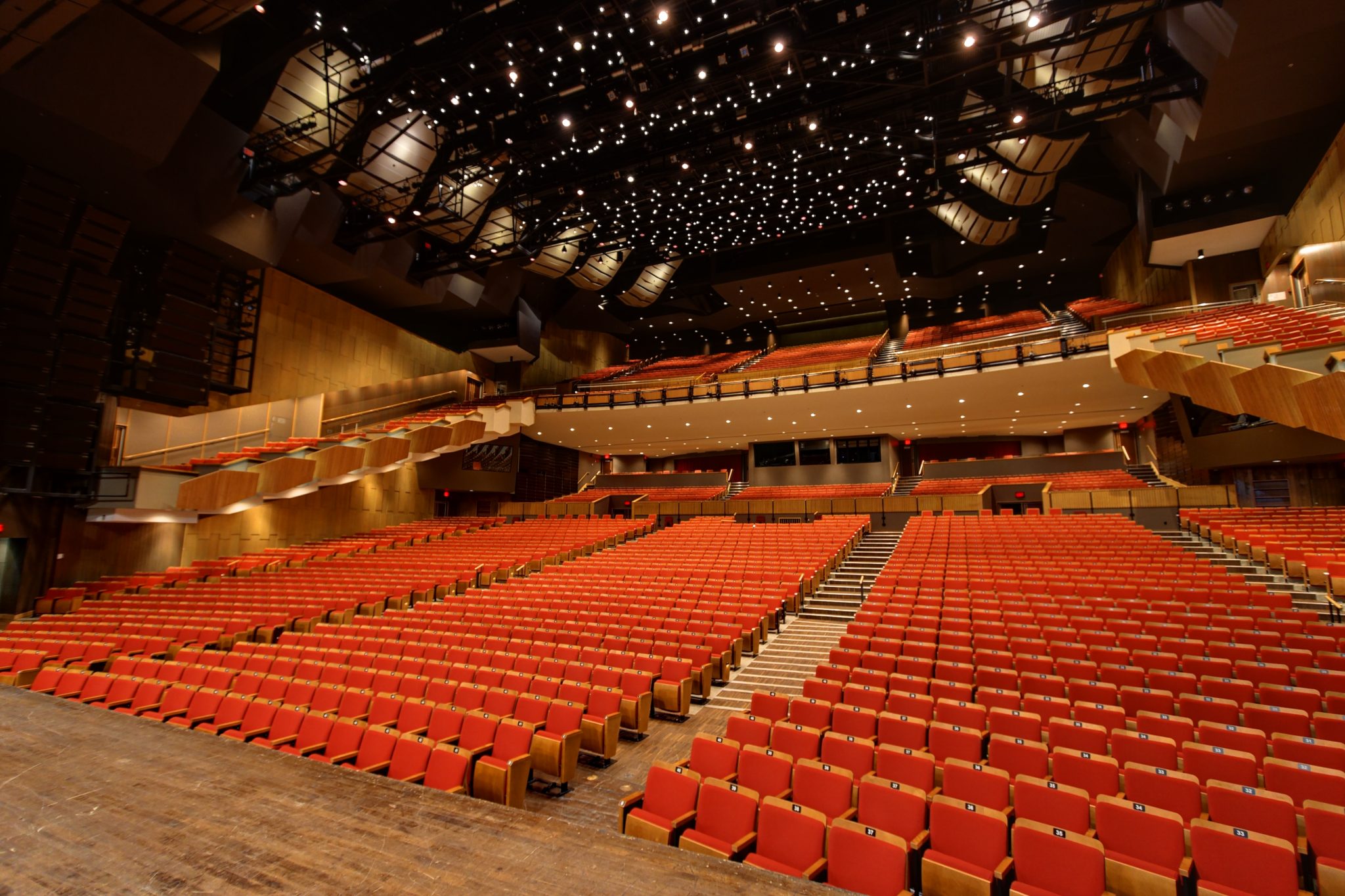Going to an audition is probably scarier than exams, or the prospect of a summer with no more Love Island. You never quite know what to expect, even when you’re fully prepared, and I personally have had some pretty strange experiences over the years. I’ve auditioned for plays, musicals, pantomimes, theatre companies and more, so I’ve seen a lot – from having water poured down my neck to being held by the legs like a human wheelbarrow. Auditions can be nerve-wracking, but they can also be educational, enlightening and thoroughly enjoyable.
Perhaps the worst audition I ever went to was one of the few professional auditions I’ve experienced. My agent emailed me the day before about an audition for the role of Dorothy in a pantomime production of The Wizard of Oz. I was sixteen at the time, at least two years younger than all of the other girls at the audition, so it was pretty intimidating. I showed up at 9am and joined the queue of at least 200 girls out the door of the theatre. The aspect I remember most was that we were all given numbers and addressed by our number – on that day, I became number 21. Despite being not too far down the line, I still had to wait until 2pm to audition, and by the time it rolled around, I was pretty much shaking with nerves. I went in, sang a song that was completely inappropriate to the role I was going for and left straight after.
On a happier note, auditions usually go better when you know the show and you’ve prepared sufficiently. It also helps if you like the show you’re going for – passion really comes across to the casting team. My best audition was probably when I tried out for a production of Les Miserables, and ended up being cast in the role of Fantine. The reason it went well was because I absolutely adore Les Mis and put everything into preparing a rendition of I Dreamed a Dream. Be warned, however, that it is uncommon to sing or read from the production you are auditioning, particularly with professional productions. If the casting directors don’t ask you to prepare something from the show, do not do so as it often shows laziness and unoriginality, to put it bluntly. It doesn’t show you off in a good light.
Solo auditions won’t be the only types of auditions you come across. Group or workshop style auditions are also pretty common as it gives the casting team a chance to see how you interact with other actors, and figure out what pairings would work well together. One of the most memorable workshop auditions I have attended was the time I auditioned for the National Theatre’s production of Cesario in 2012. It was a day long audition that mostly involved drama exercises and script reading, and I ended up having water poured down my neck – it made sense in the context of the play, I promise. It wasn’t the most pleasant experience, but hey, I ended up getting the role! Don’t be afraid to take risks and put yourself out there – casting directors see a lot of people and you want them to remember you, even if it’s for being willing to get your clothes wet.
Enough about my experiences – here are a few last bits of advice for those who have any auditions coming up. Firstly, make sure you’re prepared: it helps so much with nerves being confident that you know your stuff. Secondly, don’t go on about your cold or various impediment to the casting agents – it’ll make them irritated, not sympathetic. I once met a girl at a National Youth Music Theatre audition who talked about her laryngitis at every stage of the day, and she was not hugely popular by 6pm. Finally, don’t worry if you mess up an audition. It’s all good experience and some shows simply won’t be right for you! Remember, for every yes there are a thousand theatrical no’s.



